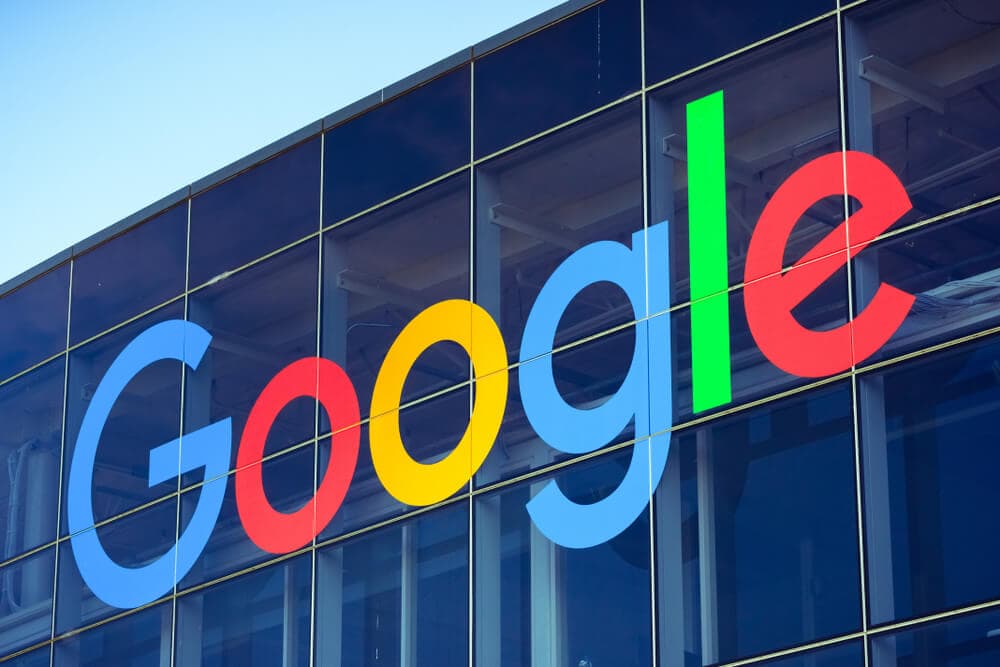Since August 3rd there is again crypto advertising on Google. However, advertisers need a special registration for this. However, advertising for ICOs and DeFi remains prohibited.
On August 3rd, Google’s updated policy for financial products and services went into effect. Among other things, with the result that the search engine giant is also running crypto ads again. In June 2018, Google initially banned ads for cryptocurrencies and Initial Coin Offerings (ICO). The updated guideline now allows regulated crypto companies to market their services again. As we have already reported, however, registration with the FinCen is required. However, advertising for ICOs remains completely prohibited on Google.
The new guideline, which has come into force, will bring additional sales to the Google parent company Alphabet. It can be assumed, however, that crypto ads play a subordinate role in the company’s total annual advertising revenue of $ 147 billion.
Advertisers must first contact the Financial Crimes Enforcement Network (FinCEN) register. Its Articles of Association require the advertiser to be registered as a “money services company and a state or federally licensed bank company” in at least one state.
Advertising for ICOs and DeFi remains prohibited on Google
In the past, Google has also had more cases of scamming using celebrity photos. In order to prevent this scam from the outset, this type of advertising for cryptocurrencies remains completely prohibited. Problems with the use of trustworthy celebrities who have nothing to do with the product should not arise in the first place. Advertisements for ICOs and DeFi protocols will also not appear on Google.
The updated policy also prohibits linking cryptocurrency advertisements to websites that contain “cryptocurrency trading signals, cryptocurrency investment advice, aggregators or affiliate websites with related content or broker reviews”.
The implementation of the new guidelines is a bullish signal for the crypto scene. User in BTC subreddit are already lively discussing this. Some forum posts claim that Google should also ban fake crypto messages. “The amount of fake messages that FUD generates is incredible,” said one user. However, it is also much easier for the Google algorithms to detect fraudulent advertising than an article based on fake news.
Especially with younger users, the risk of falling for such fraudsters is assessed as greater. As a result, TikTok announced last month that it would completely ban crypto-based advertising content. However, with this measure there was speculation about a possible state censorship, since the company is known to be based in China.
- Trump’s inauguration is approaching, but crypto promises may take a while - January 14, 2025
- Fidelity: 2025 will be the year of global Bitcoin adoption - January 14, 2025
- Ethereum: Inflation continues, but bulls continue to target $20,000 - January 14, 2025

























